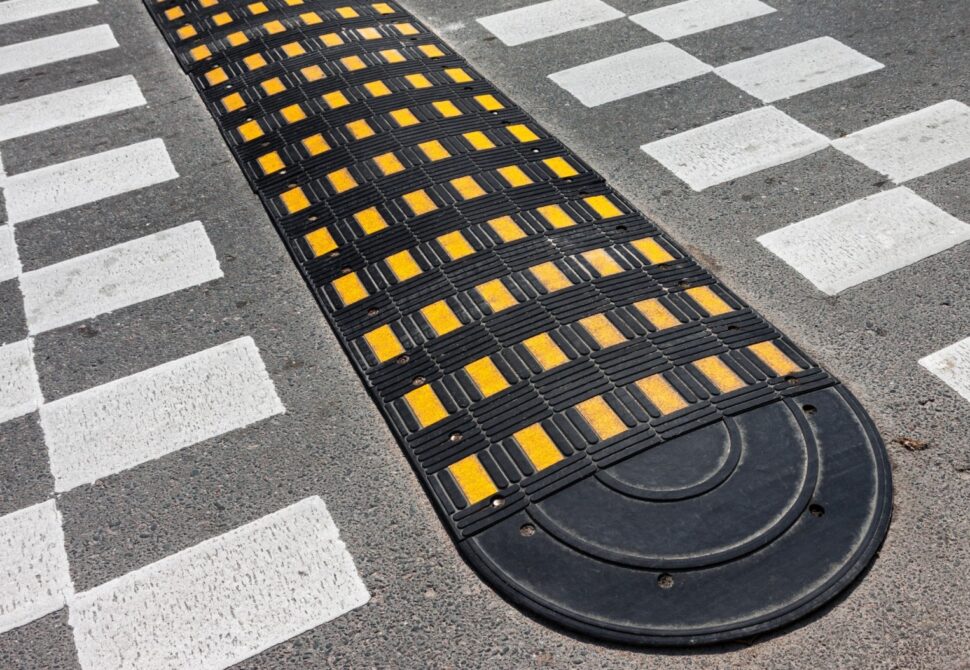Speed traps are a common concern for drivers, particularly in busy urban areas where speed limits may change frequently and enforcement can be strict. Kansas City, with its mix of bustling city streets and sprawling highways, is no exception. In this article, we’ll discuss some areas in Kansas City known for speed traps and provide advice on what to say if you’re pulled over by a police officer for speeding.
Areas Known for Speed Traps in Kansas City
While specific locations of speed traps can vary and change over time due to shifts in traffic patterns and law enforcement focus, there are general areas within Kansas City where drivers should be particularly mindful of their speed:
- School Zones and Residential Areas: These areas are heavily monitored to protect pedestrians, especially children. Speed limits are significantly reduced, and fines for speeding can be doubled.
- Highway On-ramps and Off-ramps: Law enforcement officers may monitor speeds on the approaches to and exits from highways, where drivers may inadvertently exceed speed limits.
- Construction Zones: Similar to school zones, speed limits in construction areas are often lowered for the safety of workers. Enforcement is typically increased in these zones, with hefty fines for violations.
- Underpasses and Overpasses: These areas can be prime spots for speed traps, as they provide cover for police vehicles. Drivers should be vigilant when driving through these structures.
- Long Straightaways: Roads that feature long stretches without stops or changes in the speed limit can tempt drivers to speed up. Police are aware of this and may monitor such areas closely.
It’s important to note that the goal of speed enforcement is to ensure the safety of all road users and to reduce car accidents in Kansas. Adhering to speed limits is not only a legal requirement but a critical aspect of responsible driving.
What to Say to a Kansas Police Officer If Pulled Over for Speeding
If you find yourself being pulled over by a police officer for speeding, how you handle the interaction can significantly impact the outcome. Here are some tips on what to say and do:
- Pull Over Safely: As soon as you realize a police officer is signaling for you to pull over, do so safely and promptly. Use your turn signal, and find a safe location off the road.
- Remain Calm and Courteous: Displaying a respectful and cooperative attitude can go a long way. Keep your hands visible, typically on the steering wheel, and avoid making sudden movements.
- Provide Requested Documentation: The officer will likely ask for your driver’s license, vehicle registration, and proof of insurance. Have these documents readily available and hand them over without argument.
- Speak Carefully: When responding to the officer, be polite and concise. Avoid admitting guilt or offering unsolicited information. For example, if asked, “Do you know why I pulled you over?” a neutral response like “I’m not sure, officer” is appropriate.
- Listen to the Officer: The officer will explain why you were stopped and what will happen next. Listen carefully and follow any lawful instructions. If you are issued a citation, accept it calmly. You will have the opportunity to contest it later if you choose.
- Ask Clarifying Questions if Necessary: If you’re unsure about the reason for the stop or the instructions given, politely ask the officer to clarify. Understanding the situation fully can help you determine the best course of action moving forward.
- Know Your Rights: You have the right to remain silent beyond providing your basic information and documentation. If you wish to exercise this right, do so respectfully by informing the officer that you prefer not to answer further questions.
- Consider Legal Advice: If you believe the stop was unjustified or if you face significant charges, it may be wise to consult with a legal professional who can advise you on the best course of action.
Speed traps in Kansas City, as in any city, are set up with the intention of reducing accidents and encouraging safe driving habits. Being aware of areas where speed enforcement is likely can help you avoid getting pulled over. If you do find yourself in a situation where you’re stopped by a police officer for speeding, remember that your behavior during the interaction can significantly influence the outcome. Stay calm, be respectful, and communicate clearly. If you disagree with the citation, it’s better to contest it through the legal system rather than at the roadside. Remember, the primary goal of traffic laws and enforcement is to ensure everyone’s safety on the road.
